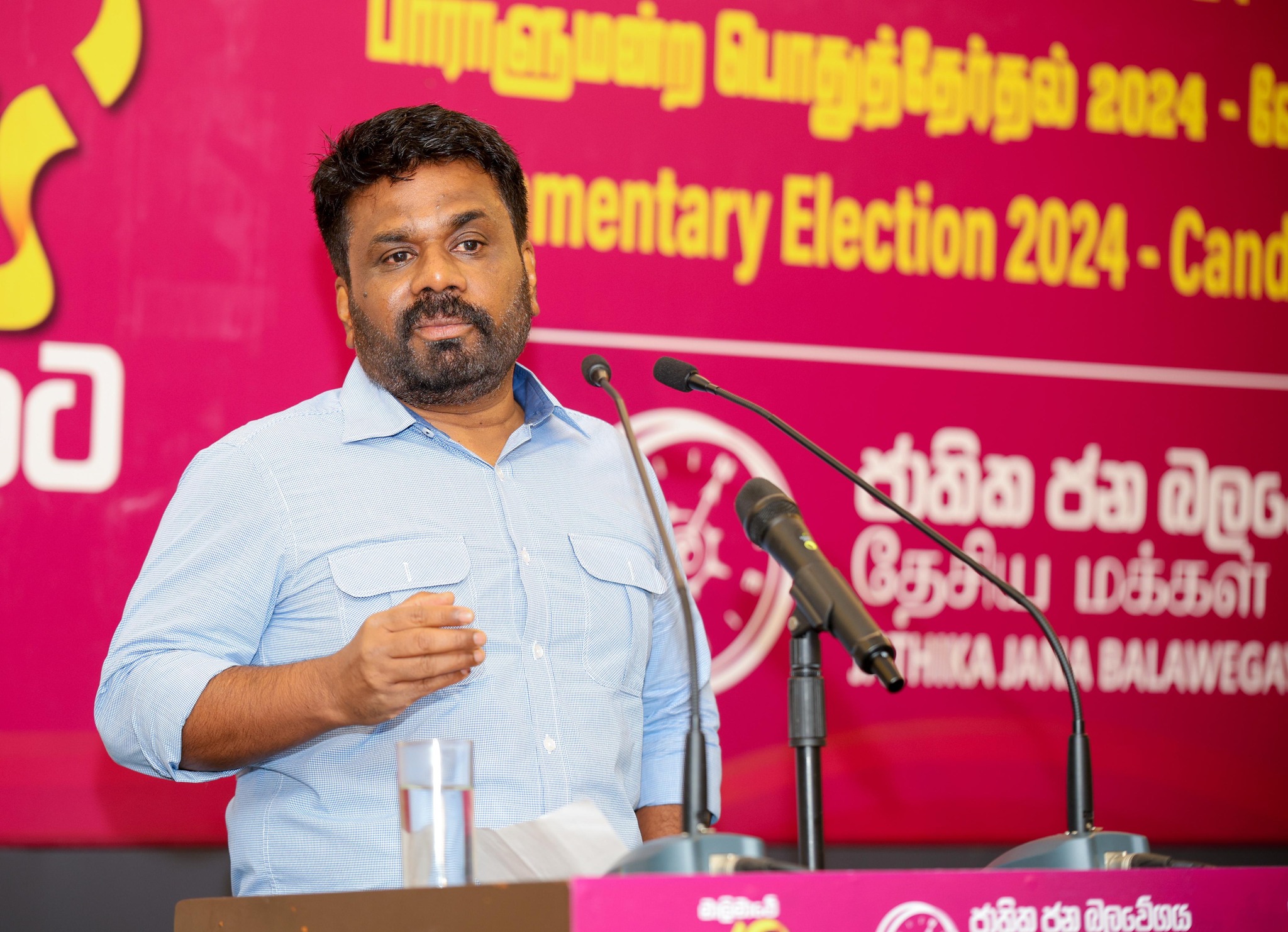
Sri Lankan President Anura Kumara Dissanayake has described the 2019 Easter Sunday bombings as “the greatest tragedy to seize power”, in a pointed remark that appears to implicate former president Gotabaya Rajapaksa and his political allies.
Speaking as the island marked the sixth anniversary of the coordinated suicide bombings that killed over 250 people and injured hundreds more, Dissanayake slammed the Rajapaksa regime, stating “the government that came to power in 2019 — and the one that followed — had no intention of bringing the real perpetrators to justice”.
His remarks come amid renewed scrutiny following the formal handover of the Presidential Commission of Inquiry (PCoI) report on the Easter bombings to the Criminal Investigation Department (CID). A four-member police committee has been appointed to study the findings, as calls for accountability resurface across the country.
The 2019 attacks, carried out by the extremist group National Thowheed Jamaath (NTJ) and later claimed by the Islamic State, targeted churches in Batticaloa, Colombo, and Negombo, as well as luxury hotels in the capital.
In the aftermath, it was revealed that Sri Lankan intelligence agencies had received multiple warnings — including from foreign services — about the likelihood of an attack, but failed to act. A 2023 Channel 4 documentary that investigated the Easter Sunday attacks and alleged deep ties between Sri Lankan military intelligence and extremist Islamist groups. The documentary specifically accused senior military officials, alongside Pillayan and Karuna, of facilitating or enabling the attacks as part of a strategy to manufacture a security crisis ahead of the 2019 presidential election—paving the way for Gotabaya Rajapaksa’s victory.
“Those who stayed silent are now starting to speak,” said Dissnaayake last week. “Those who claimed they had no links are now being exposed”.
Meanwhile, Cardinal Malcolm Ranjith, Archbishop of Colombo who was once a close ally of the Rajapaksas, issued a fresh set of seven key questions this week. These include queries about who financed the bombers, which political figures may have known of the plot, and why prior intelligence warnings were ignored.
Meanwhike Namal Rajapaksa criticised the current administration’s handling of the inquiry, stating that the PCoI report was already made public under the previous government. He questioned the need for further review, suggesting the renewed interest was politically motivated.
